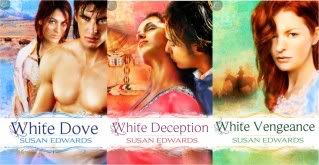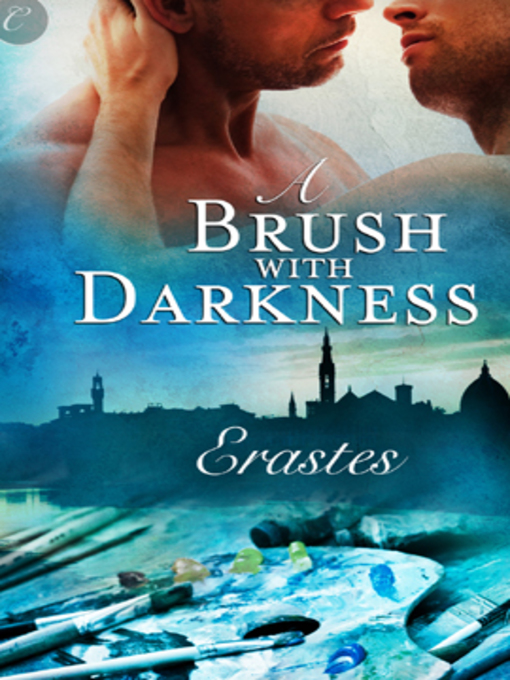Anonymous
We’ve all know that there are two things we can rely on in life: death and taxes. Well, for writers, there is another.
Change.
Change is all around us and it is a part of life. We see change in the seasons and the weather. People come and go in our lives, jobs change, our health changes, new businesses spring up, others fall victim to the economy. Or even the death of an owner (our town’s yarn shop) can cause unwanted and sad changes.
Sometimes change is good, other times, it is not welcome. Either way, it is a part of our daily lives whether we want it or not.
Most people do not like change because change is scary but I have always embraced change whether it is a new home or rearranging my house or even a new job. Change freshens my life. It is a renewal of heart, mind and soul–a breath of fresh air to chase away the stale and stagnant.
For writers, it is a part of our careers for if we do not change, then we dry up and fade away like a pile of autumn leaves. In the publishing world, what’s selling now will eventually fade away to be replaced by something new and fresh. Or perhaps something old will be reborn. Like historicals, angels, time travels and ghosts. Think of the writing world as a big circle with cycles and seasons. Nothing remains the same.
I, as a writer, must be open to not just riding the winds of change, but to grow as a writer and a person. While writing White Vengeance, book 11 in my White Series, I felt as though I was slogging through muck. Each word, each scene was a struggle. I loved the characters, loved the story, but something was happening to me as a writer–I was growing and changing yet my White books were not. At least not much.
My stories all had a bit of the mystical with the use of visions, gifts of sight and other aspects of Native American culture. As the series grew, I wanted as a writer to explore the mystical aspects of Native American beliefs and go deeper into the mystical world yet my books were historicals, not paranormals. Suddenly, I had a choice: continue to fight the change happening within me as a writer or give in and grow as a writer.
So I gave in and let myself write what I wanted for that last White book. And I had a blast. Writing was fun again. Things were happening that I never imagined. I allowed
myself to listen to that inner need to change and it revitalized the entire book. I loved the book, the characters, the writing. The change in me, my writing attitude was a wondrous feeling. I knew then that as a writer I had to embrace change–let myself grow. I gave myself permission and the freedom to grow and change. It was a scary step but one I have no regrets in taking
.
I also realize in writing this, that Change was responsible for the birth of the White Series. When I wrote White Wind, I didn’t have a series in mind. Just one book. My next book was set on the Oregon Trail. I had the Jones family all set to head west and I needed a wagon master. For Jessie of course.
Enter a half-breed with issues who needed a past, reasons for his conflicts and of course, I turned to his family. Well, I decided to give Golden Eagle & White Wind (Sarah) a second son and named my wagon master, White Wolf. Okay, so now I have two connected books. Still not really a series.
But it became clear that Wolf’s family needed to make a showing in White Wolf. I already knew that Wolf had a powerful warrior brother named Striking Thunder as this was revealed in White Wind. Then I, in my “Godly” role of Creator, gave the two brothers, two sister. Nice even number of children for my original hero/heroine.
Well, it became quite clear that these children all need some major changes in their lives in order to grow and become the adult characters I envisioned! A series was born with the simple act of allowing myself to be open to change.
Change is still happening in my writing. My SpiritWalker series was born of the changes that took place in writing White Vengeance. I’m currently nearly done with my second SpiritWalker book that demanded many changes in my writing. I’ve also taken this new series to contemporary settings and surprise, it changed again.
There are more than just SpiritWalkers in this world. My SpiritWalkers are at the top of the “myth” chain of special humans but there are a whole host of other beings walking my world. Some good, some bad and some truly ugly beasts. None of any of this would have been possible if I had stuck to the same old thing.
Today, change has made me a better person. Even the disaster of losing my retail business is revealing the good. That change wasn’t just bad. It was ugly in so many ways yet due to my positive outlook and my belief that change is ultimately good even when it looks horrid, I’ve come out ahead.
So what is changing for you? Is it a good change? If it’s bad or ugly, is there good that you can see and hold onto? How do you view change? Is it refreshing or something you resist? If you resist change, why? I believe we should all think about change, see and analyze changes around us and allow change to make us better people.
What are your thoughts?
Susan Edwards
Susan Edwards ~ Magic, Myth & Wonder
White Series
SpiritWalker Series
http://susanedwards.com
http://susanedwardsauthor.blogspot.com/
http://twitter.com/susan_edwards
http://www.facebook.com/pages/Susan-Edwards/40226247104


_by_James_Holland,_RWS.jpg)








